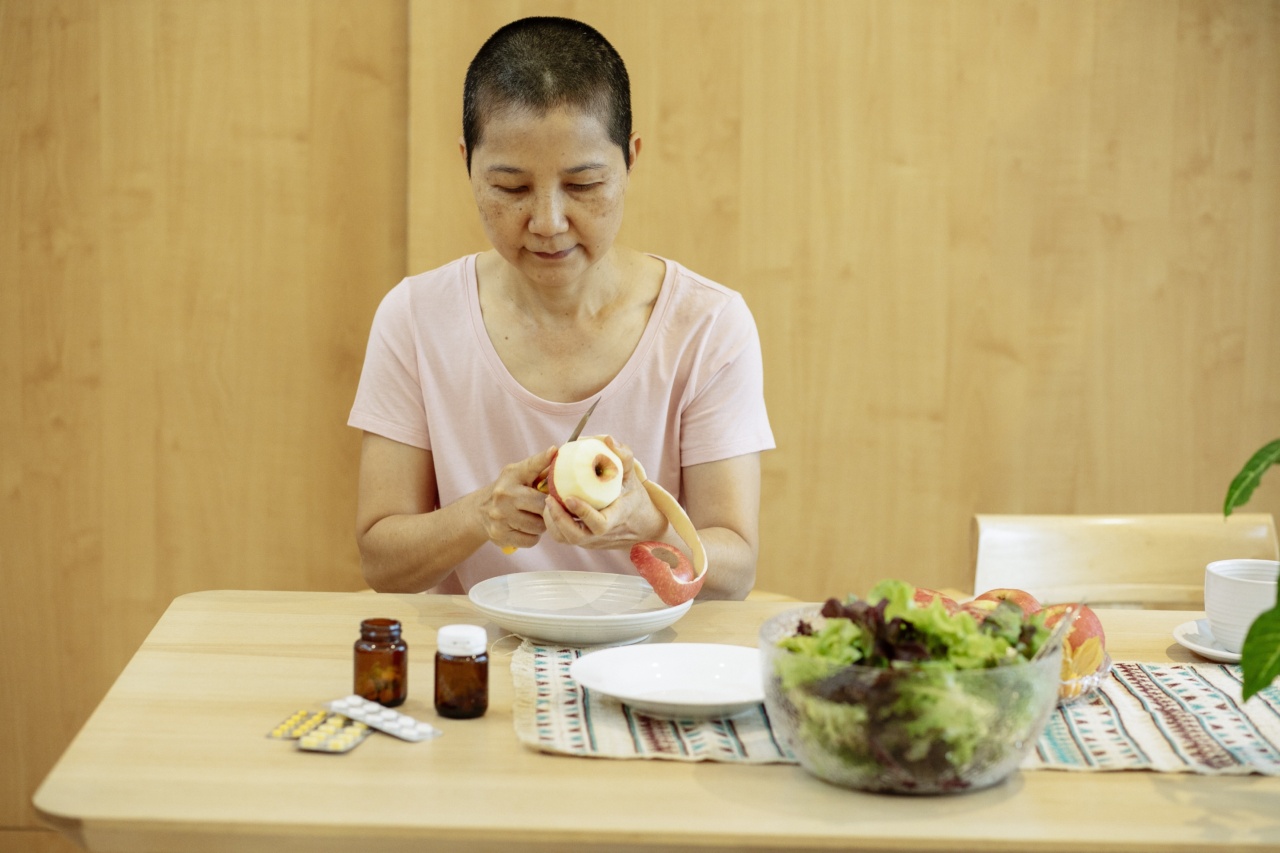Many of us don’t realise how important vitamin D is for our bodies. Vitamin D is essential for maintaining strong bones and overall good health. It is produced in our skin when we are exposed to sunlight.
However, there is a problem with vitamin D deficiency, especially for those living in places with long winters or those who don’t get much sunlight exposure.
Recently, there has been some conflicting information about the role of vitamin D and cancer. Some studies show an association between low vitamin D levels and an increased risk of certain types of cancer.
This has led many people to worry that vitamin D deficiency might be a cause of cancer or that taking vitamin D might help prevent the disease.
What is Vitamin D?
Vitamin D is a fat-soluble vitamin that is essential for strong bones, muscles, and overall good health. Our bodies produce vitamin D when our skin is exposed to sunlight.
There are also some foods that contain vitamin D, such as fatty fish and fortified milk and cereal.
Vitamin D helps our bodies absorb calcium, which is needed for strong bones and teeth. It also plays a role in our immune system and helps regulate cell growth and division.
Vitamin D Deficiency
Vitamin D deficiency is a common problem, especially in people who live in northern climates or those who don’t get much sunlight exposure.
Symptoms of vitamin D deficiency include fatigue, muscle weakness, bone pain, and a weakened immune system.
Low vitamin D levels have been linked to a number of health problems, including osteoporosis, rickets, and autoimmune diseases. It has also been linked to an increased risk of certain types of cancer, such as breast, prostate, and colon cancer.
However, the link between vitamin D and cancer is still not entirely clear, and more research is needed to understand the relationship.
Can Vitamin D Prevent Cancer?
There is still no clear evidence that taking vitamin D supplements can prevent cancer.
While some studies have shown a link between low vitamin D levels and an increased risk of certain types of cancer, other studies have not shown any association between vitamin D and cancer.
It is important to get enough vitamin D, but taking supplements should only be done under a doctor’s recommendation.
Too much vitamin D can be harmful and can cause a buildup of calcium in the blood, leading to kidney damage and other health problems.
Other Ways to Reduce Your Risk of Cancer
While the role of vitamin D in cancer is still not entirely clear, there are other ways to reduce your risk of cancer. These include:.
- Not smoking
- Eating a healthy diet rich in fruits, vegetables, and whole grains
- Getting regular exercise
- Maintaining a healthy weight
- Limiting alcohol consumption
These lifestyle choices can help reduce your risk of developing cancer and other chronic diseases.
The Bottom Line
Vitamin D is an essential nutrient for good health, but the link between vitamin D and cancer is still not entirely clear.
While some studies have shown an association between low vitamin D levels and an increased risk of certain types of cancer, more research is needed to understand the relationship.
It is important to get enough vitamin D, but taking supplements should be done only under a doctor’s recommendation.
Eating a healthy diet, not smoking, getting regular exercise, maintaining a healthy weight, and limiting alcohol consumption are all important steps you can take to reduce your risk of cancer and other chronic diseases.




























